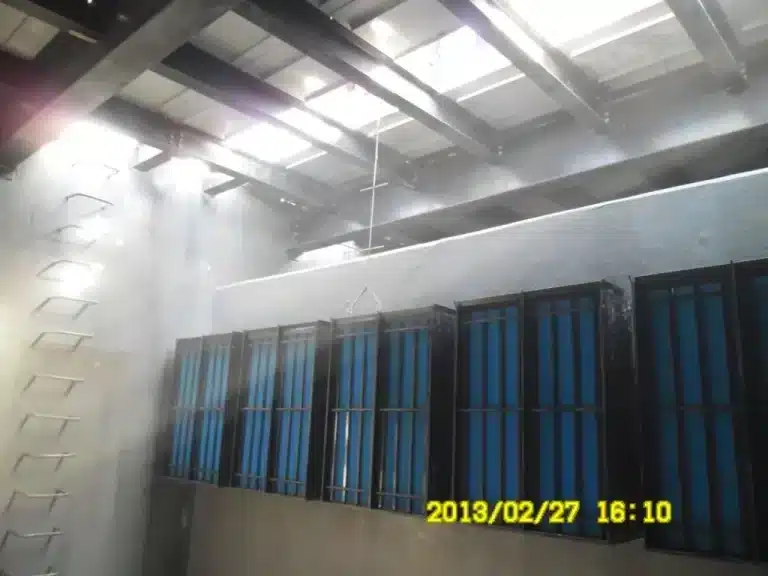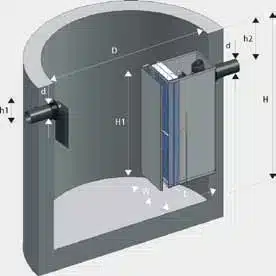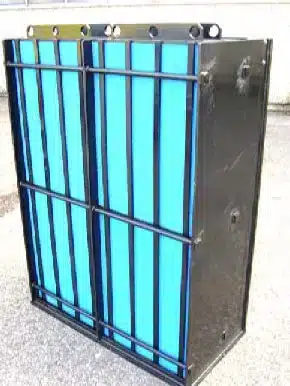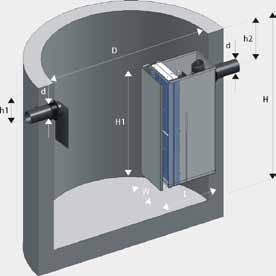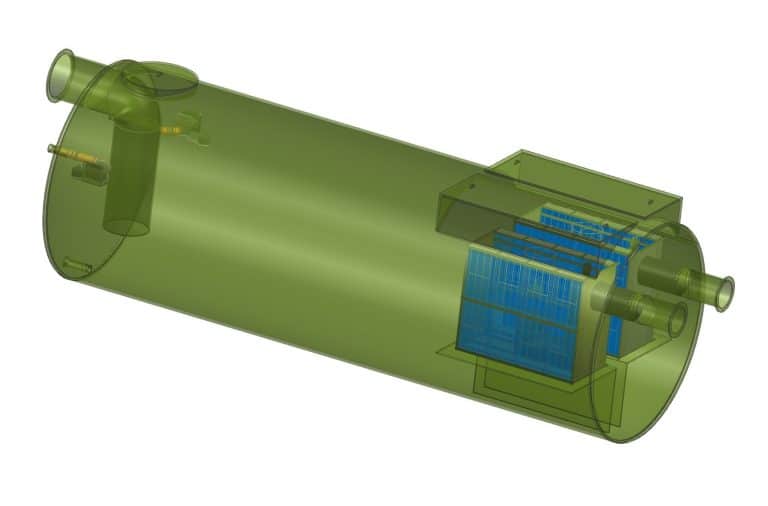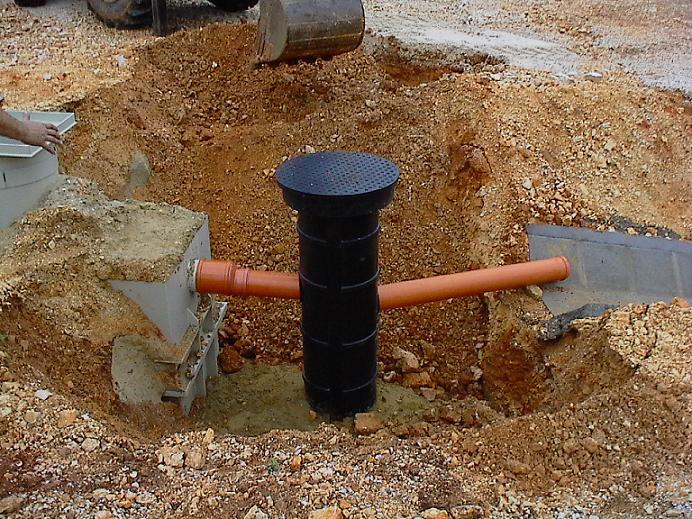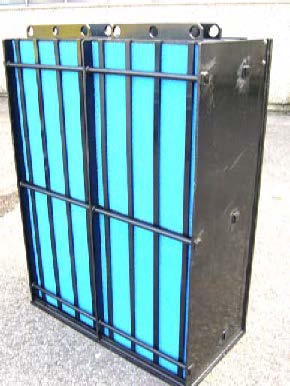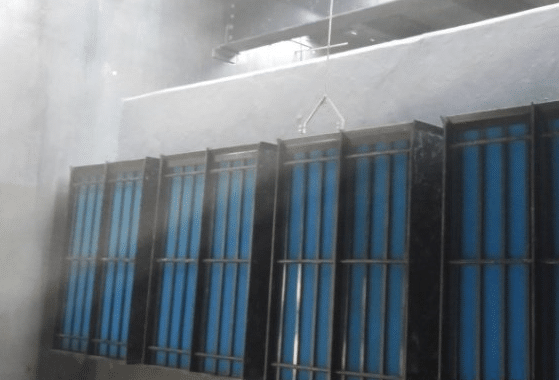In Connecticut, nearly half the people depend on on-site sewage systems. This makes effective wastewater management very important. Below Ground OWS (Oil Water Separators) are key in this effort. They offer a sustainable way to manage water that is often overlooked.
These systems are changing how we handle water in both rural and suburban areas. With over 1.5 million people using septic systems, Connecticut has big challenges in keeping water clean and safe. Below ground OWS systems are a new solution to these problems. They make sure sewage is disposed of safely and protect our environment.
Let’s explore how these systems are changing Connecticut’s approach to water. We’ll see how they’re making a big difference in sustainable water solutions.
Key Takeaways
- Freytech Inc. Connecticut Below Ground OWS systems are essential for effective wastewater management
- Nearly 40% of Connecticut’s population relies on on-site sewage systems
- Underground water storage solutions offer space-saving and efficient alternatives
- Proper maintenance of OWS systems is crucial for environmental protection
- Below ground OWS contribute to sustainable water resource management
- Local health departments play a key role in regulating these systems
Understanding Below Ground Oil Water Separators in Connecticut
Below Ground Oil Water Separators are key in Connecticut’s wastewater management. They keep the environment safe by taking out oil and pollutants from water before it hits the ground or waterways.
What are Below Ground OWS?
These devices sit underground to separate oil from water. They use gravity to let oil rise to the top while clean water flows out. This is very important for places like car washes and factories that make oily wastewater.
Importance in Wastewater Management
Below Ground Oil Water Separators are crucial for keeping Connecticut’s water clean. They stop oil from getting into groundwater and surface water. This is key for keeping our drinking water safe and managing aquifers well.
They also make wastewater treatment more efficient by removing oil before it gets to treatment plants.
Connecticut’s Regulatory Compliance
Connecticut has strict rules for Below Ground OWS. The state’s Public Health Code and Technical Standards for Subsurface Sewage Disposal Systems cover them. The Environmental Engineering Program checks these systems to make sure they follow Connecticut’s environmental laws.
Regular checks on groundwater are often needed to see if these separators are working right and preventing pollution.
Connecticut Below Ground OWS: Features and Benefits
Below ground oil water separators (OWS) in Connecticut are great for saving water and protecting the environment. They help keep our water safe and support green practices.
Advanced Separation Technology
Modern OWS systems use the latest in separation tech to take out oil and solids from wastewater. They can clean water up to 99.9% efficient, making it safe for discharge or reuse. This helps recharge groundwater by sending clean water back into the environment.
Space-Saving Underground Installation
Businesses in Connecticut love the compact design of below ground OWS. These systems go underground, saving space on the surface. This is super useful in cities where space is limited, letting businesses manage water without losing space.
Long-Term Cost-Effectiveness
Putting in a below ground OWS is a smart move for the long run. It cuts down on water use by recycling it, which saves money on utilities. By treating wastewater on-site, companies dodge high fees for off-site disposal. Plus, these systems last a long time, meaning fewer repairs and replacements, which saves even more money over time.
Environmental Impact and Sustainability
Below ground oil water separators in Connecticut are key to protecting our environment. They remove oil from water, keeping harmful pollutants out of our waterways and groundwater. This is important because many people in Connecticut use groundwater for drinking.
These separators also help with water conservation. They treat wastewater, making it safe to return to the environment or use in industrial processes. This helps refill underground reservoirs, keeping water levels healthy.
Using below ground oil water separators supports sustainable water solutions. They help businesses follow environmental laws, like the EPA’s Clean Water Act. By reducing their impact, companies can work well and protect Connecticut’s natural resources.
Choosing below ground oil water separators shows a long-term commitment to the environment. These systems protect water quality and help with water conservation and sustainability. As Connecticut deals with environmental issues, these separators are crucial for keeping our water safe for the future.
Installation and Maintenance of Below Ground OWS
Setting up and taking care of Below Ground Oil Water Separators in Connecticut needs careful planning and ongoing effort. These systems are key in managing water resources and protecting our aquifers.
Site Preparation and Installation
The first step is a detailed site check and prep. Local health departments make sure it meets Connecticut’s rules. Getting it installed right is crucial for good groundwater monitoring and aquifer care.
Regular Maintenance Requirements
Keeping OWS systems in top shape is essential. This means regular checks, cleanings, and pumping. Connecticut says to check septic tanks every three to five years. Regular care helps manage water resources well and extends the system’s life.
Troubleshooting Common Issues
Even with good maintenance, systems can run into problems. Issues like leaks, blockages, or being too full can happen. It’s important to spot and fix these fast for aquifer and groundwater protection. Sometimes, you might need to upgrade parts to follow new rules or handle more water.
These separators are crucial in storm water systems. They process runoff to meet the US EPA’s Clean Water Act standards. With effective oily water treatment, facilities protect the environment and dodge big fines.
Freytech Inc.: Leading Provider of Below Ground OWS Solutions
Freytech Inc. is a top name in Below Ground OWS solutions. Since 1991, they’ve led in offering “Green” solutions for tough washing and wastewater issues.
Company Overview and Expertise
Freytech Inc. excels in creating custom systems that enhance water security. They offer a broad range of services, including integrated pretreatment systems and oil content analyzers. These tools are key in keeping water sustainable by always checking oil levels.
Enhanced Coalescing Technology
The Below Ground OWS systems from Freytech use cutting-edge coalescing technology. This technology effectively separates free oil from water. It can handle different hydrocarbons like motor oil, diesel, and jet fuel. This means clean water that meets or beats industry standards.
Guaranteed Performance and Efficiency
Freytech’s Below Ground OWS systems are known for their excellent performance. They achieve separation efficiencies of 5 PPM, which is better than the North American standard of 10 PPM. Many Fortune 500 companies trust them, showing their dedication to keeping water safe and sustainable.

